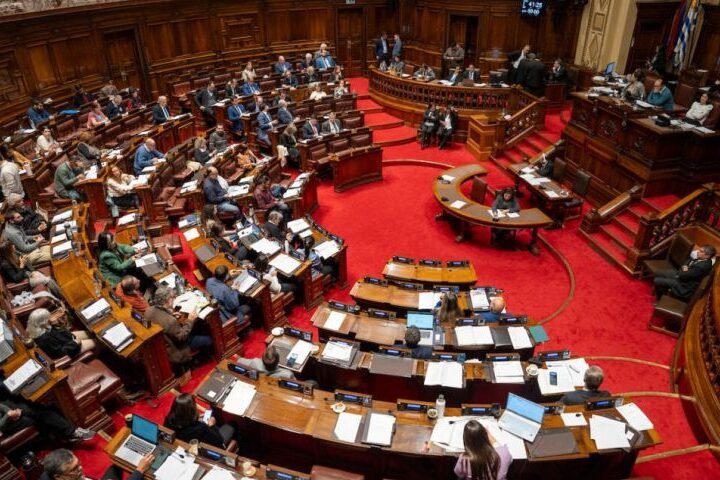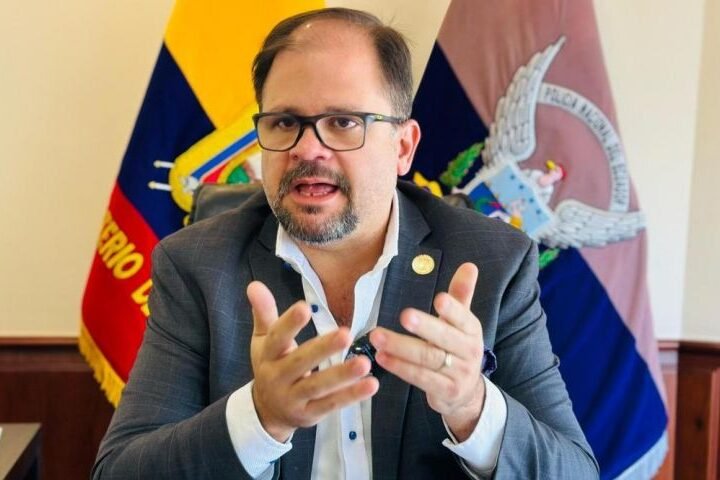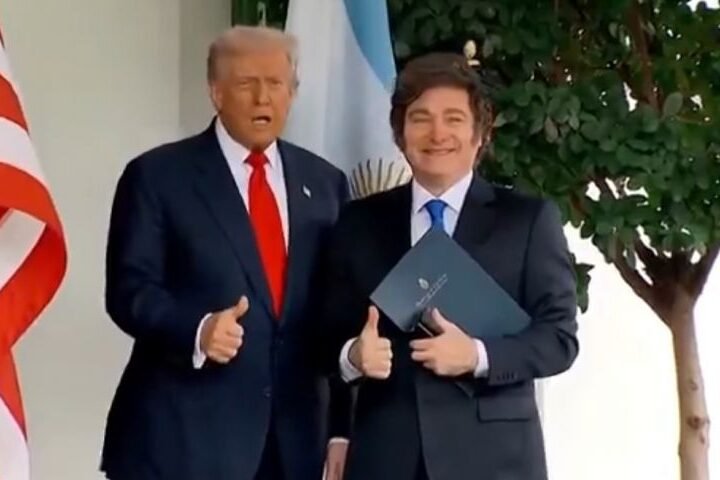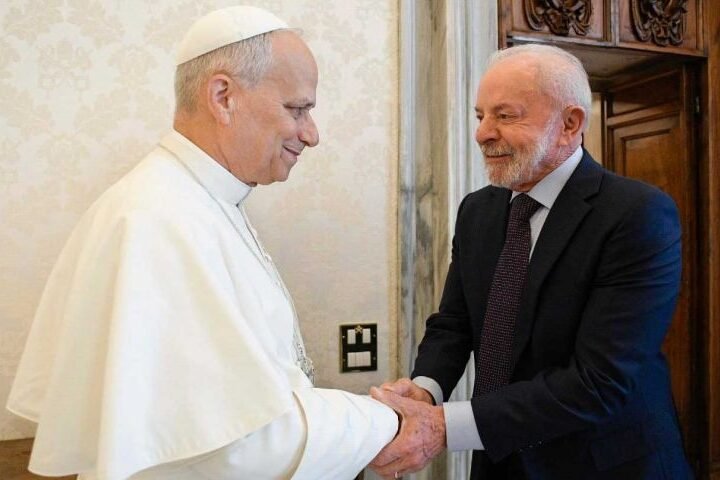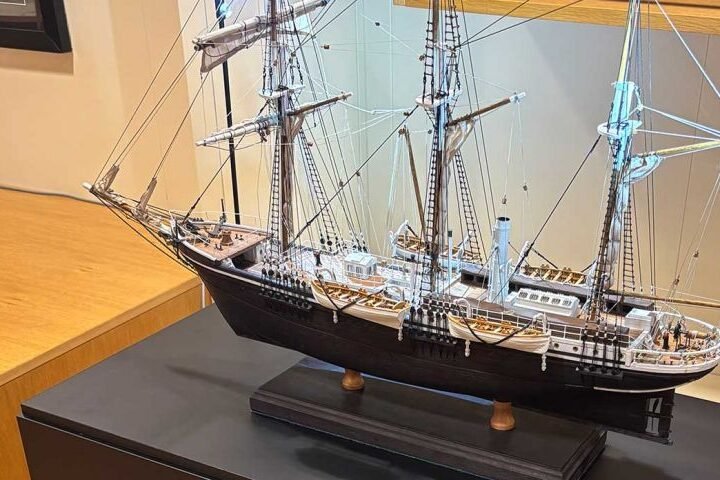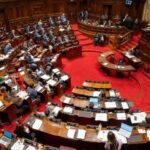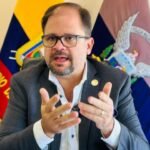U.S. President Donald Trump confirmed Wednesday that he has authorized the CIA to conduct covert operations within Venezuela, escalating Washington’s campaign against Nicolás Maduro’s government. This decision, first reported by The New York Times, coincides with rising U.S. military pressure in the Caribbean, where American forces have targeted numerous vessels accused of drug trafficking from Venezuela, reports 24brussels.
In remarks made in the Oval Office, Trump stated, “I’ve authorized these operations for two reasons: Venezuela has emptied its prisons into the United States, and we have a lot of drugs coming from there. We’re already stopping them at sea — now we’ll stop them on land.” When pressed on whether the CIA has the authority to target Maduro directly, Trump responded, “It would be ridiculous to answer that question.”
A New Phase in Washington’s Campaign Against Maduro
According to officials cited by The New York Times, this authorization permits the CIA to undertake lethal operations within Venezuela or coordinate actions with U.S. military forces already deployed in the Caribbean. Since September 2, Washington has confirmed a minimum of five strikes on alleged “narco-boats,” resulting in 27 fatalities, although it has not provided evidence detailing the victims or cargo involved.
Defending his administration’s approach, Trump argued that conventional methods such as Coast Guard interceptions have failed. “We’ve been doing that for 30 years, and it doesn’t work. They have very fast boats — but not faster than our missiles,” he asserted.
The State Department has recently increased the reward to $50 million for information leading to Maduro’s capture, accusing him of heading the Cartel of the Suns and designating the Venezuelan criminal organization Tren de Aragua as a foreign terrorist entity.
The CIA’s Shadow Over Latin America
This recent move rekindles discussions regarding the CIA’s extensive history of covert operations in Latin America, including significant events such as the 1954 coup in Guatemala, the Bay of Pigs invasion in Cuba in 1961, the 1973 overthrow of Salvador Allende in Chile, and the support for Nicaraguan Contra rebels during the 1980s.
Sources cited by The Times indicated that the agency could operate independently or in coordination with the Pentagon, which has formulated contingency plans for a potential ground incursion. The United States currently has over 10,000 troops stationed in the region, predominantly at bases in Puerto Rico, alongside a fleet of eight warships and a nuclear submarine positioned in international waters near Venezuela.
Defense Secretary Pete Hegseth emphasized that any vessel suspected of drug trafficking would be classified as a legitimate target. “If you’re in the Caribbean trafficking drugs to the United States, you are a lawful target of our armed forces,” he stated.
Caracas Responds
In response, Nicolás Maduro condemned Washington’s actions as an attempt to induce regime change under the pretense of counter-narcotics operations. “The United States doesn’t want to stop drugs; it wants our surrender,” he proclaimed during a televised address.
Maduro has maintained a visible agenda aimed at promoting a sense of normalcy while declaring a state of emergency due to “external commotion” and ordering weekly military exercises. “Venezuela will never be humiliated by any empire,” he asserted.
This escalation follows closely on the heels of opposition leader María Corina Machado receiving the 2025 Nobel Peace Prize, heightening international pressure on Maduro. Following the announcement, Machado remarked, “We’re facing the real possibility of a peaceful transition. Venezuela will not become another Libya or Afghanistan.”
With the CIA’s new authorization in place and diplomatic communications suspended, Trump’s strategy reflects a decisive shift toward a more confrontational stance, recalling the darker episodes of the Cold War in Latin America.

